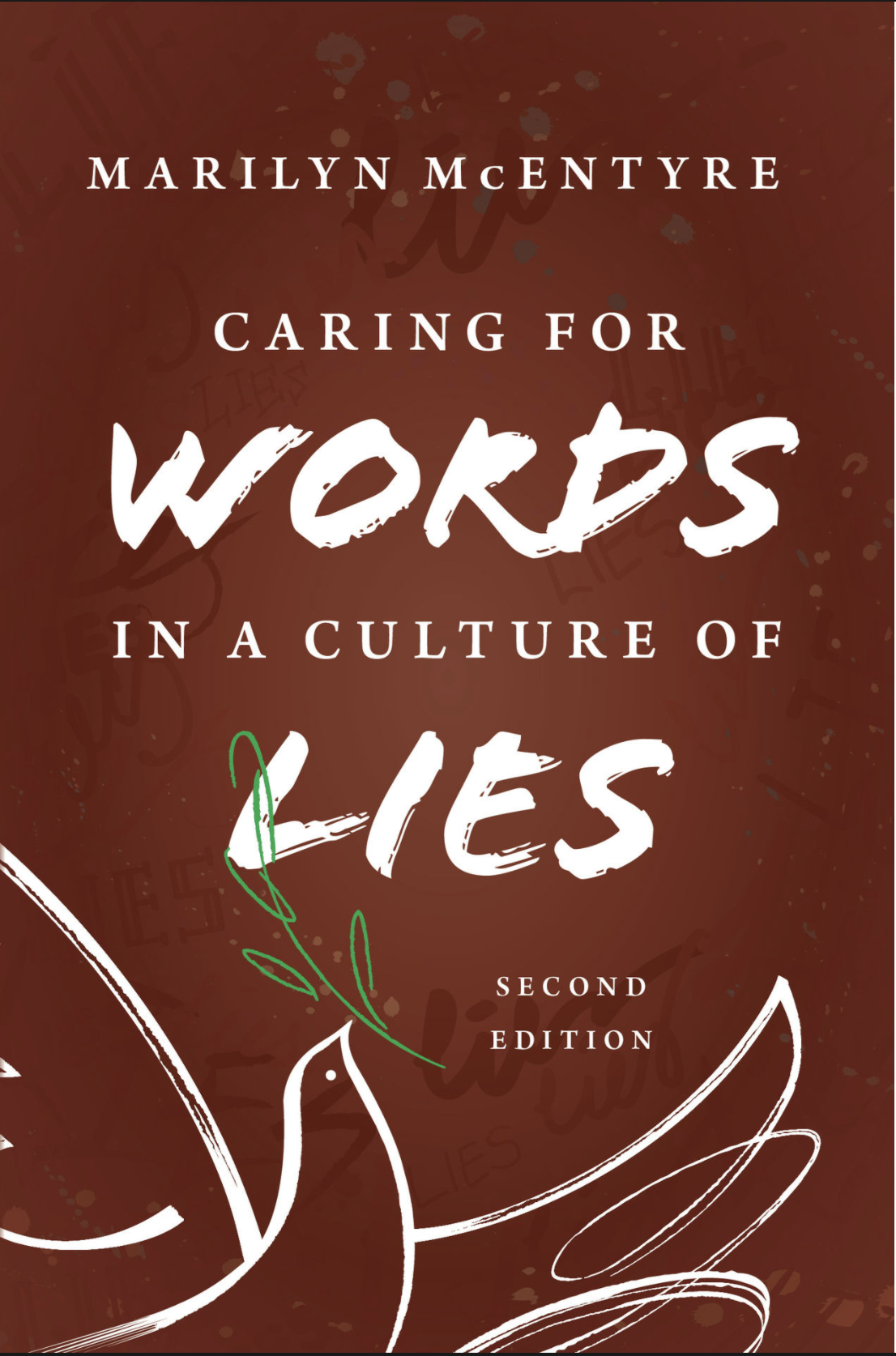Every time we look at our screens, there’s content waiting for us. With so much vying for our attention (Instagram, Facebook, Twitter, and the like) — and our lives filled to the brim with work, church, parenting, and friendships — we all want content that’s short, simple, and to the point. We want to be told what to do and what to think, especially after tiring days. We don’t want to sift through the endless feed of information — we want answers, straightforward, and now.
With a cranky newborn in my arm, a laptop open on my desk, and a pile of laundry demanding my attention, I believed I didn’t have time for poetry and novels anymore. If I had time to read, I thought, it should probably be richly theological or educational — without the additional work of stopping to ponder the themes of a novel or dissect the imagery of a poem, no matter how pleasurable the read. I thought I was valuing efficiency, and I believed God valued it too. But what I told myself then was not necessarily true. I was valuing my time and my productivity instead — and missing out on the wonder of stories and the beauty of the Lord that I so often found in them.
Yes, biblical literacy is important. It’s valuable for Christians to spend time in theology books, commentaries, and Bible studies. However, we shouldn’t pit them against the beautiful and true writing found in novels and poems. Christians who immerse themselves in creative writing are good stewards of their time — not wasteful — because writing, reading, and ruminating on words can glorify our Maker.
Our Poetic God
Beauty in our world is a gift from God, and we’re called to see it, to look for it even. God made this world. He designed thousands of flowers in all their nuances and vibrant colors. He made the waters in all their shades of blue. He gave fish their sparkling scales. He crafted the trees — the tall and strong, and the short and twisted. God spoke into creation everything we see in all its varied textures. As Albert Mohler Jr. has explained, “the Bible begins and ends in beauty. In Genesis, Moses repeatedly emphasizes that God’s verdict on his creation is that ‘it was good,’ even ‘it was very good.’ But this statement has a deeper meaning than our English word ‘good.’ Instead the Hebrew also carries the connotation ‘beautiful.’ It was beautiful. It was very beautiful.”
Mohler explains that, as believers, we should value any time spent admiring and dwelling on truth woven with beauty. Beauty is found in what is good and true and guides how we seek it: “In our fallen state we often separate the good, the true, and the beautiful from one another. But the Bible reminds us that if something is true then it is good and beautiful. If something is good, then it is beautiful and true. Finally, if something is beautiful, then it is good and true.”
Our God is the God of truth, goodness, and beauty. To say that God only cares about the dry, logical facts without beauty is simply untrue. God is both the source of beauty and the most beautiful one we can ever behold:
One thing have I asked of the Lord,
that will I seek after:
that I may dwell in the house of the Lord
all the days of my life,
to gaze upon the beauty of the Lord
and to inquire in his temple. (Ps 27:4)
To seek truth, goodness, and beauty is to glorify God.
A Deliberate Kind of Learning
God imparted to us the ability to create beautiful things when he made us in his image. Though he created out of nothing, he made us able to behold his creation and be inspired to create art that reflects it. In his grace, he gave creativity not just to believers, but all of humanity. As Ryan Diaz recently wrote about the work of poets here at Common Good: “Our capacity for creativity is a grace, an ability we receive because we are created to communicate the goodness of God to his creation.” The captivating story arcs, the graceful words, and the powerful poems all find their source in God who gave each writer their skill and craft.
Because of God’s common grace, we can learn truth and goodness within stories and poetry — whether explicitly Christian or not (Karen Swallow Prior demonstrates this in her book On Reading Well, where she examines multiple classics and demonstrates their value for Christian morality). But unlike our Christian living books or theology texts, the truths these writers want us to consider may not be laid out word for word. Instead, we have to listen for them. We have to meditate and ruminate to discern their lessons. It’s a slow kind of learning, but that doesn’t make it any less useful.
In this way, we likewise glorify God — as Christians, we’re meant to be deep thinkers. Considering the words we read and bringing them into the Christian perspective is part of our everyday work. It’s work that requires patience. Reflecting on the children’s stories written by E.B. White, Brianna Lambert writes, “This way of instruction requires a kind of patience that won’t be found in 140 characters on a Twitter feed. It’s a patience that can still be found today, though not in the mouths of influencers, but in the pen of a novelist.” We need to take the time to deliberately search for and read creative work — and even more time afterwards to digest it.
The things we learn from theology textbooks and from our time studying Scripture are the building blocks for interpreting and thinking on what we read in poems and novels. It’s the work of exercising our discernment muscles. It’s the art of wisdom in taking what we read and holding it up to the Christian light.
A Thoughtful Kind of Teaching
The writers of Scripture, carried along by the spirit of God, frequently teach by means of stories. Consider the Psalms, the holy song book. Examine Proverbs and its rich language depicting wisdom. Contemplate the prophets and their vivid imagery in foretelling events. Ponder how Moses drew poetic parallels between the intricate design of the tabernacle and the temple with the Garden of Eden.
Consider Jesus’ parables and how he told profound truths about the kingdom, faith, and evangelism through stories of gardening and shepherding. Remember how the prophet Nathan fiercely convicted David of his grievous sins with Bathsheba and her husband — through the power of a story. Rather than condemning David with scathing words, he began with a story to prick David’s shepherding heart: a story about a baby lamb that was beloved by her owner yet stolen from him. Through this story, David recognized the gravity of his sins, condemned himself, and repented in tears.





